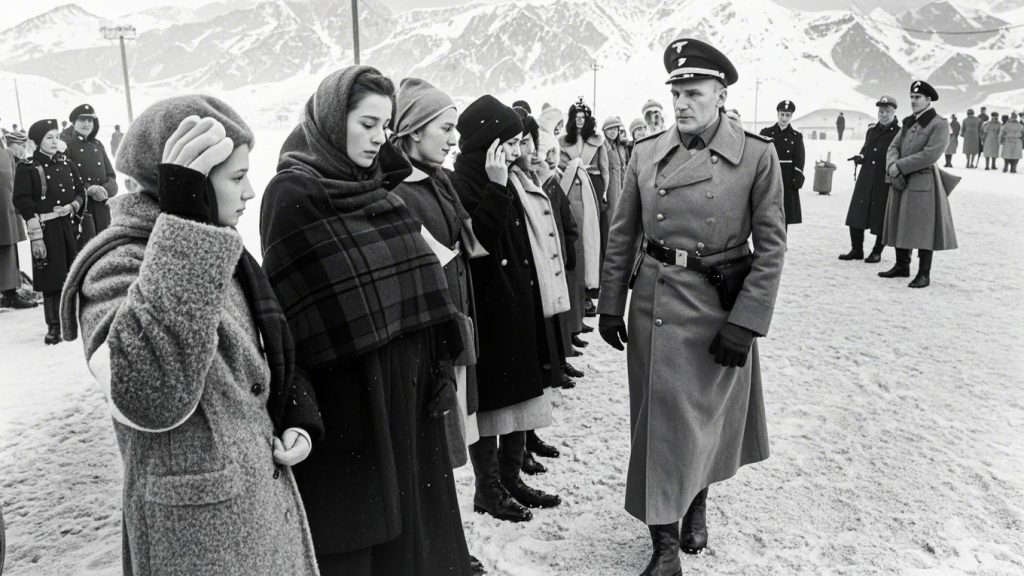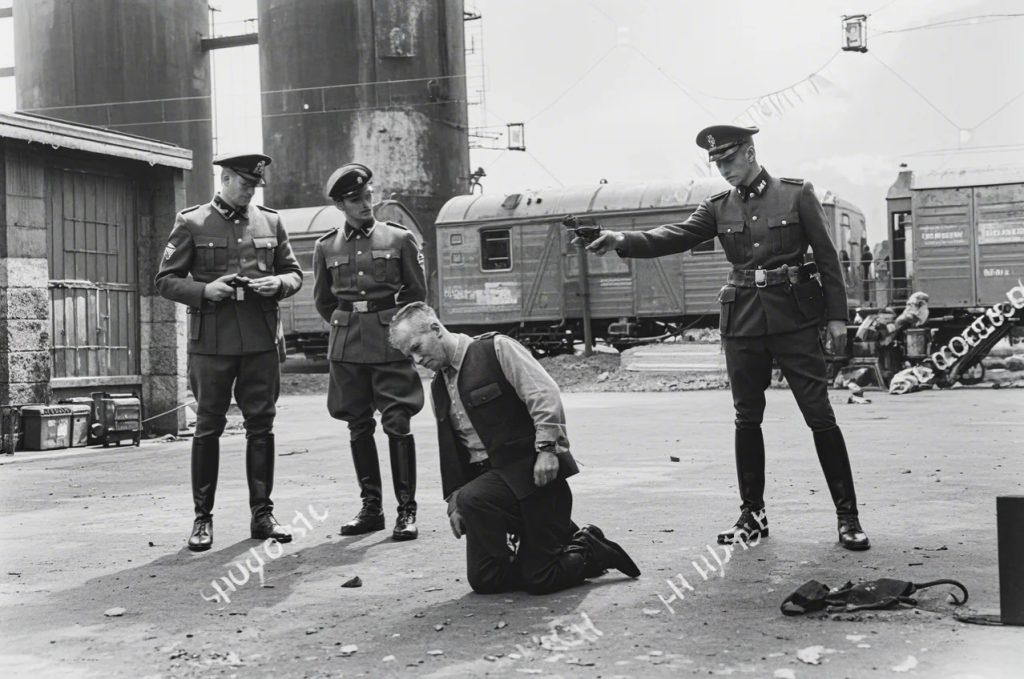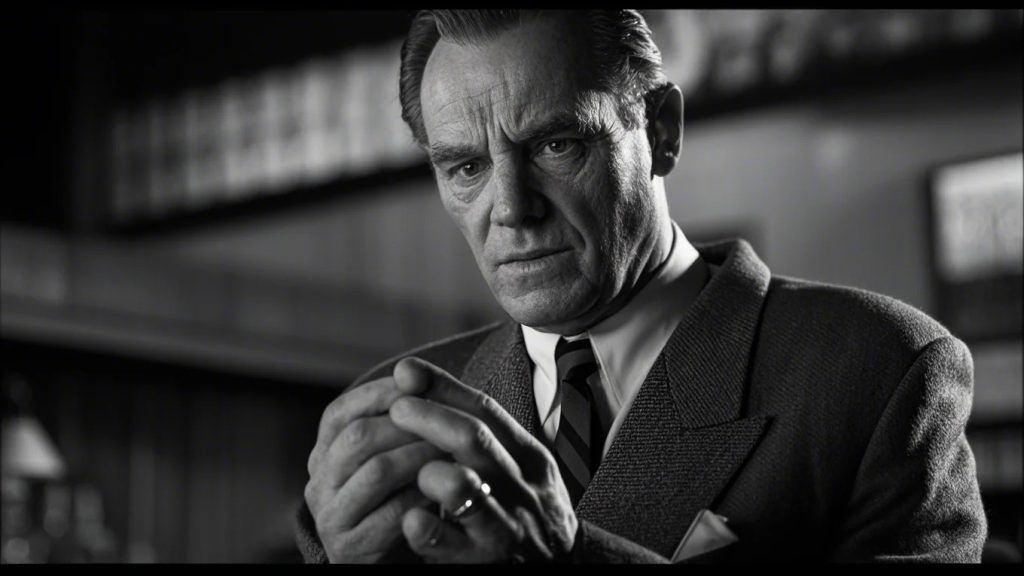Schindler’s List (1993) is a historical drama directed by Steven Spielberg, based on the true story of Oskar Schindler, a German businessman who saved the lives of over 1,000 Polish Jews during the Holocaust. The film is set in Nazi-occupied Poland during World War II and follows Schindler’s transformation from a profit-driven entrepreneur to a compassionate savior.

Initially, Schindler seeks to exploit Jewish labor for his factory, but over time, he becomes deeply affected by the atrocities committed by the Nazis. As he witnesses the brutal treatment of Jews, including mass executions and deportations to concentration camps, he begins using his wealth and influence to protect his workers. Schindler bribes Nazi officials and manipulates the system to shield his Jewish employees, ultimately creating a “list” of individuals to be spared from death.

The film highlights Schindler’s moral evolution, as he risks his own life and fortune to save as many people as possible. His factory becomes a sanctuary for Jews, and by the end of the war, Schindler’s actions have saved hundreds of lives. The film concludes with a moving tribute to Schindler, as the survivors, their descendants, and others place stones on his grave in recognition of his efforts.

The film is a powerful portrayal of the horrors of the Holocaust, the resilience of the human spirit, and the extraordinary courage of one man who chose to stand against overwhelming evil. It won seven Academy Awards, including Best Picture and Best Director, and remains one of the most significant films in cinematic history.
